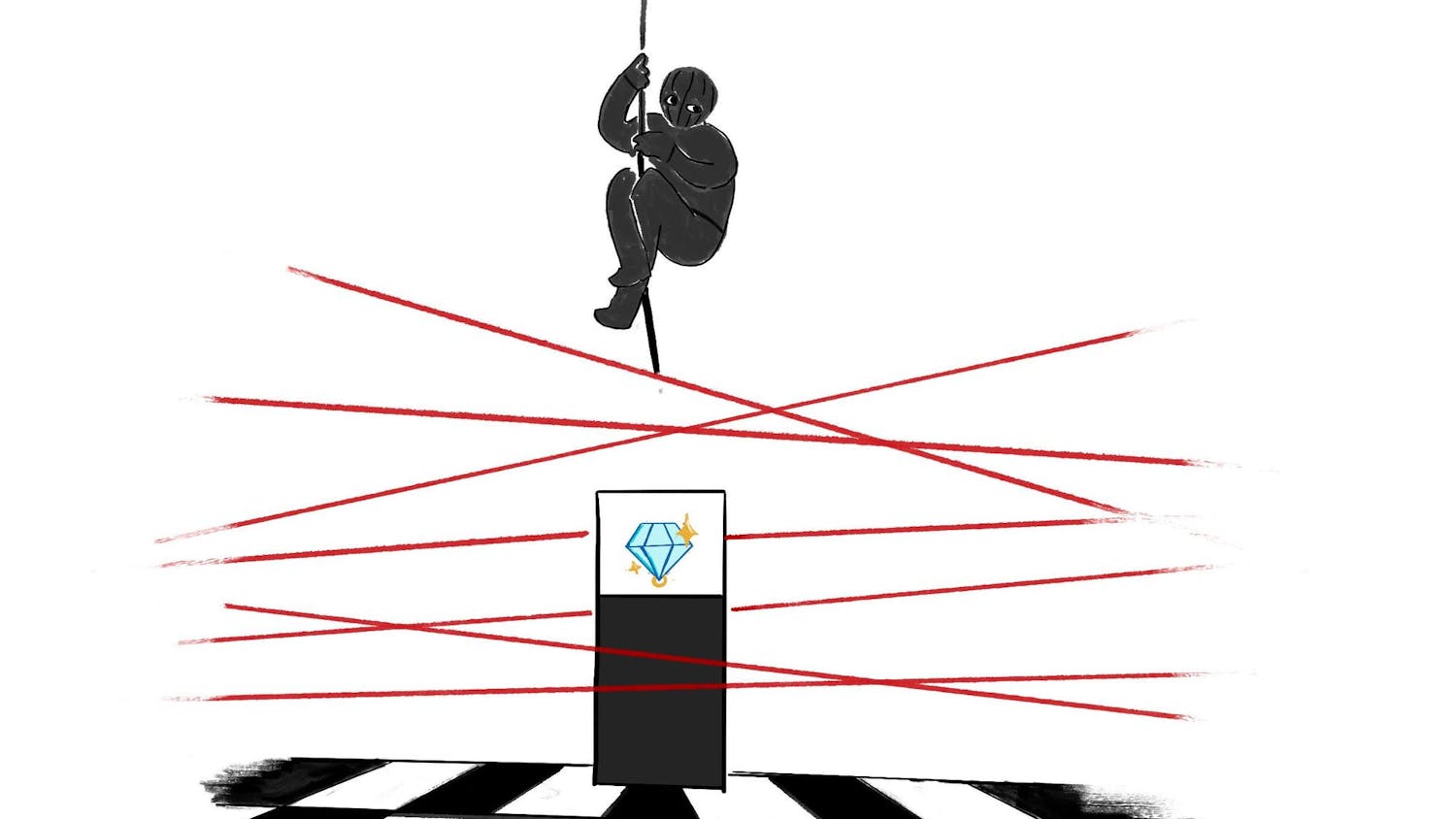Last week in The Plainsman, a columnist wrote an opinion piece equating the Southern Poverty Law Center with violent extremist hate groups in America. In his opinion piece he shamelessly compares the people who spend their energies revealing hate to the people who spend their energies spreading it. He dramatically ends by saying, “it’s time to recognize the Southern Poverty Law Center for what it is.” Let’s take a look at what this is.
The author, among others, use the issue of free speech in order to peddle an incorrect perspective that the issue of hatred is subjective. The is correct that the SPLC uses different criteria than others about what makes a hate group. But does he seriously believe that 14 different people would define the word "racist" with 14 incongruent definitions?
To pretend racism is an abstract concept that none of us can understand like God or Willy Wonka is absurd. We understand the word well enough to use the concept and communicate about it. If the SPLC is so radical and indiscriminate in their designation of hate groups, then why do they spend the time to explain the evidence behind each designation?
This conversation isn’t serious, and it isn’t about the SPLC at all. This is an example of the misinformation that follows along with toxic nationalism and a history of race-based discrimination. It’s time to recognize the fascistic undertones that are driving discourse farther and farther from the truth.
Whether you agree or disagree with every single designation the SPLC makes, the resulting impact of the hate-list is not comparable to the trauma that a white nationalist group has on minority citizens' sense of safety or to the mental anguish felt by LGBTQ youth. There is no moral equivalence between the actions of the SPLC and groups like the KKK. So what if they tell everyone online that you won’t sell wedding cakes to gay guys?
One individual feeling uncomfortable when being called out on problematic views is not the same as millions of citizens experiencing widespread racism and discrimination. A handful of largely inconsequential anecdotes do not detract from the SPLC's consistent history of battling the evils of institutional racism, a broken criminal justice system and civil rights violations.
A balanced, earnest critique of the SPLC is certainly fair. A critique that goes so far as to label a seminal civil rights organization as racist is simply ill-informed and misguided. It is time to recognize efforts to label justice-oriented missions as discriminatory for what they are: attempts to muddle the conversation concerning racial justice and suggest thinly veiled arguments for maintaining current racial power imbalances.
Do you like this story? The Plainsman doesn't accept money from tuition or student fees, and we don't charge a subscription fee. But you can donate to support The Plainsman.




